Normal Writing Worksheets for Ages 5-7
135 filtered results
-
From - To
Boost your child's handwriting skills with our engaging "Normal Writing Worksheets for Ages 5-7." Tailored to young learners, these worksheets blend fun and education, enhancing fine motor skills, letter formation, and pencil control. Each worksheet features carefully crafted exercises designed to keep young minds captivated while improving their writing proficiency. Perfect for both classroom and at-home practice, these printables offer a structured yet enjoyable way to develop essential writing competencies. Discover an array of themes and activities that make learning to write a delightful adventure, encouraging progress in young writers during their foundational years. Start exploring and watch their skills grow!
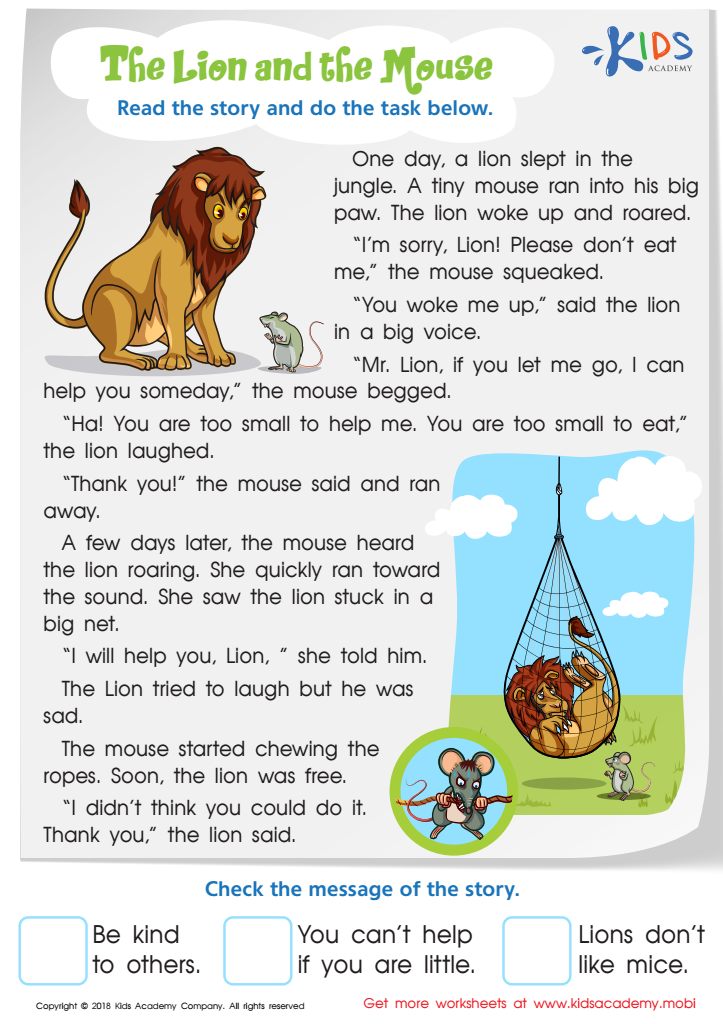

The Lion and the Mouse Worksheet
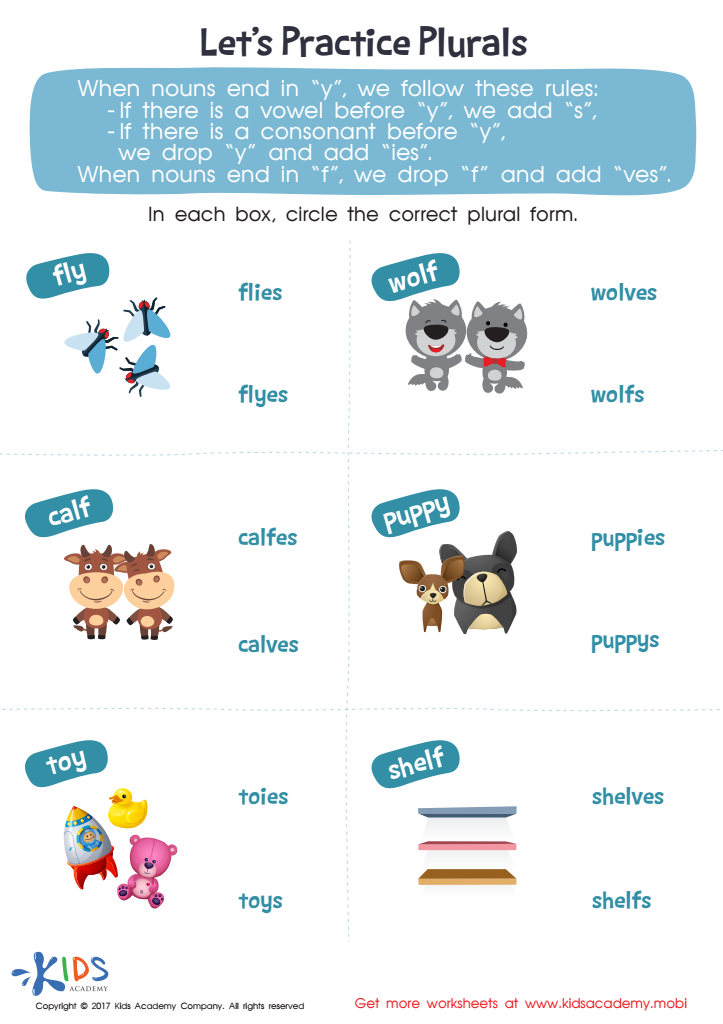

Let's Practice Plurals Word Structure Worksheet
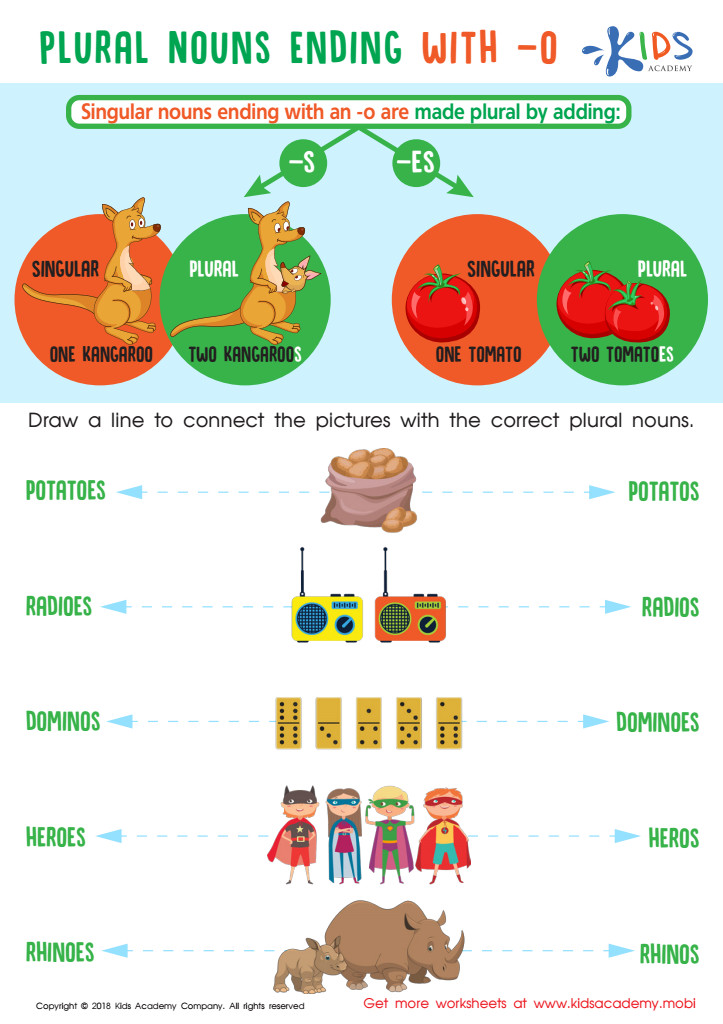

Plural Nouns Ending with -o Worksheet
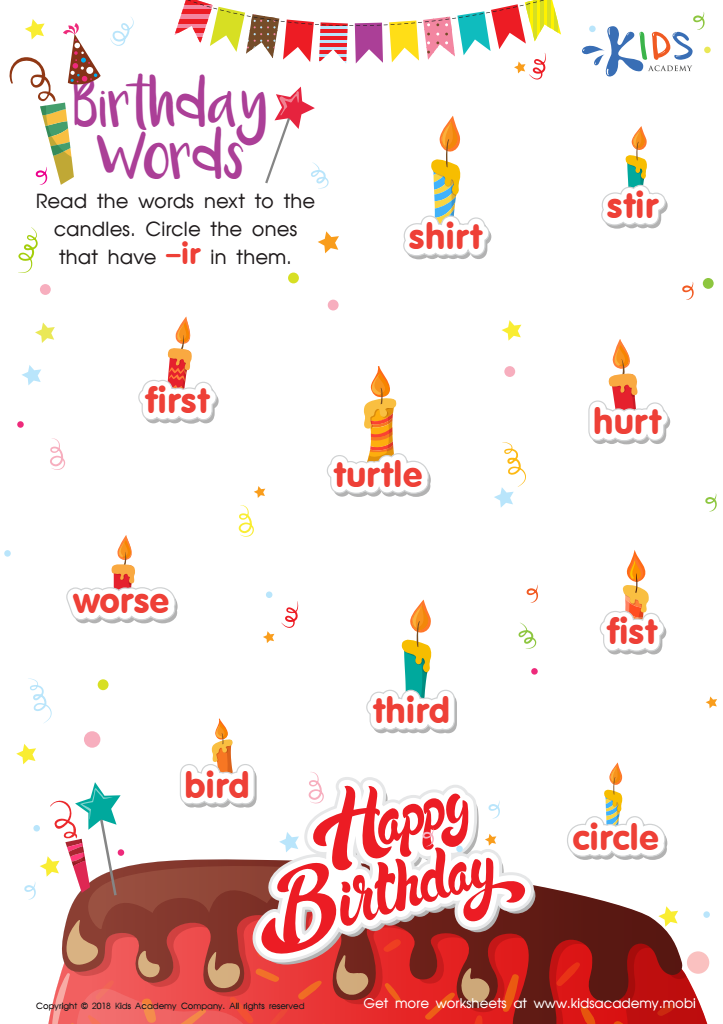

Birthday Words Worksheet
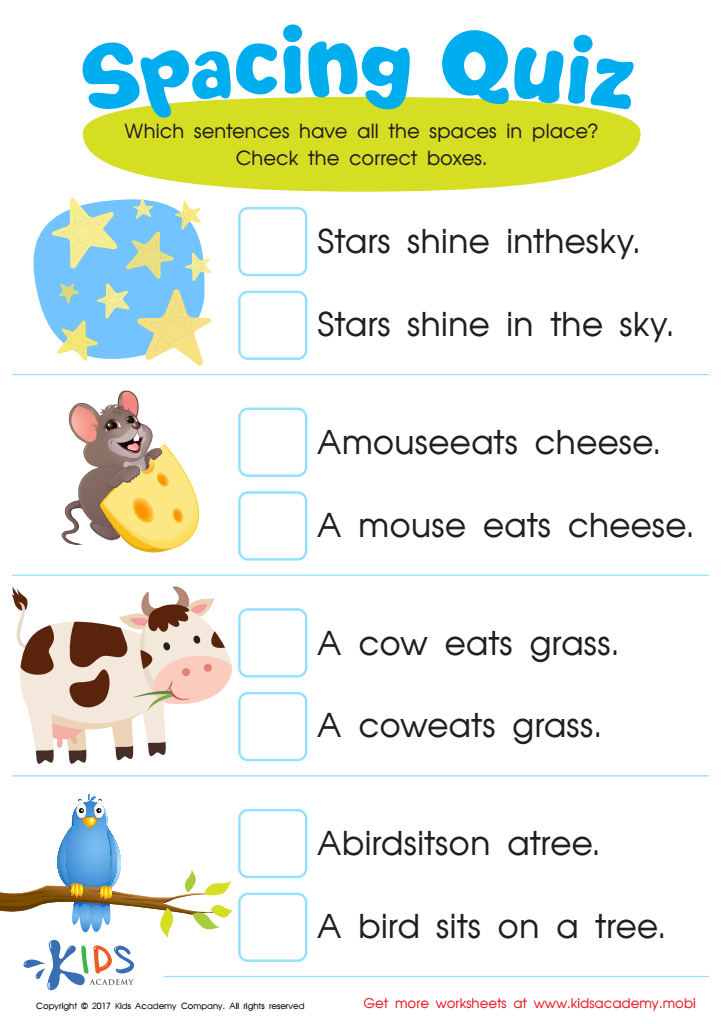

Spacing Quiz Worksheet
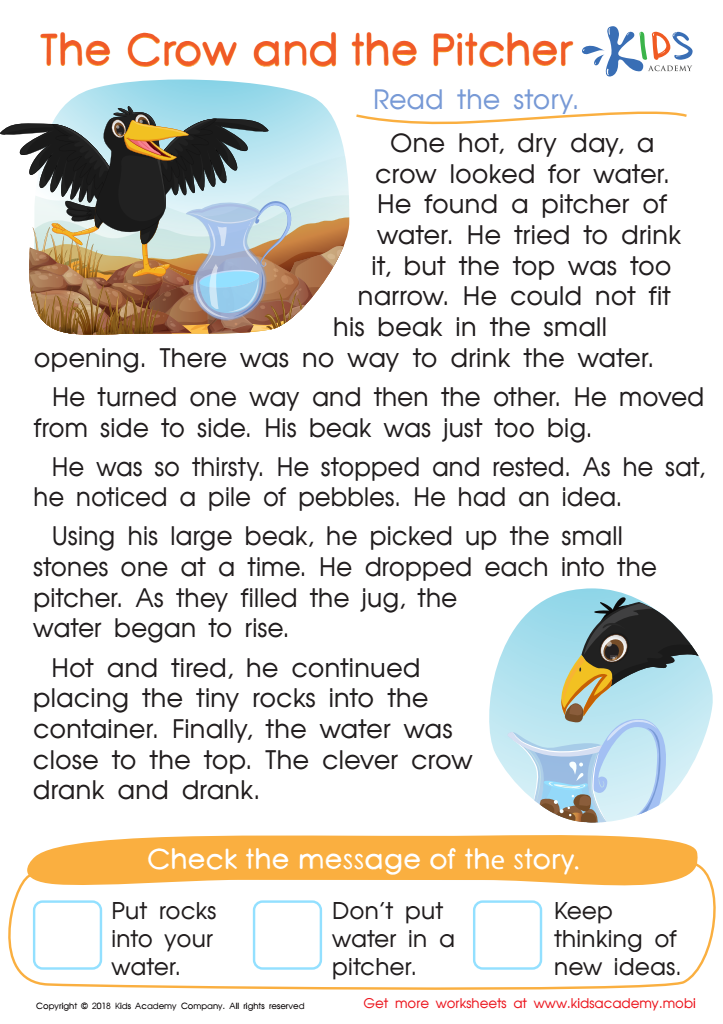

The Crow and the Pitcher Worksheet
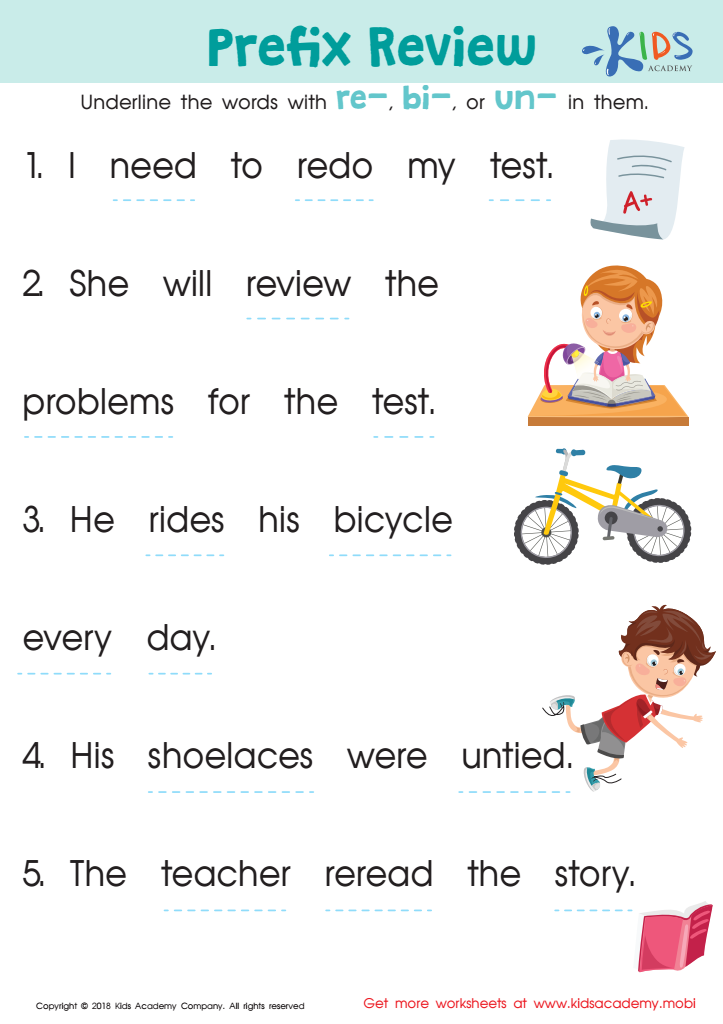

Prefix Review Worksheet
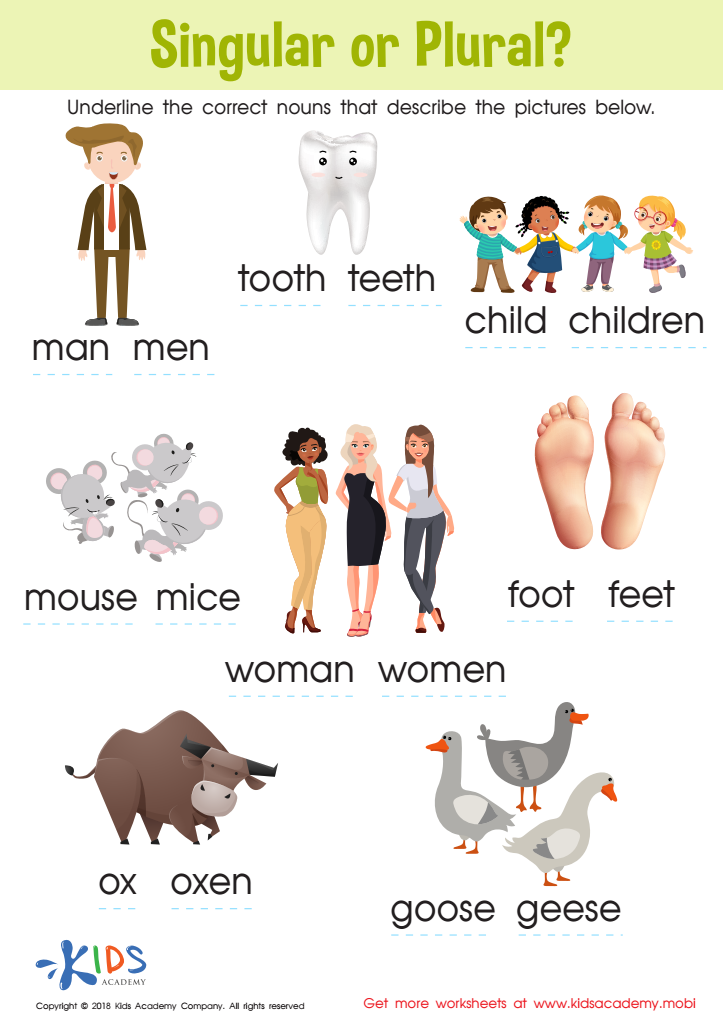

Singular or Plural? - Part 2 Worksheet
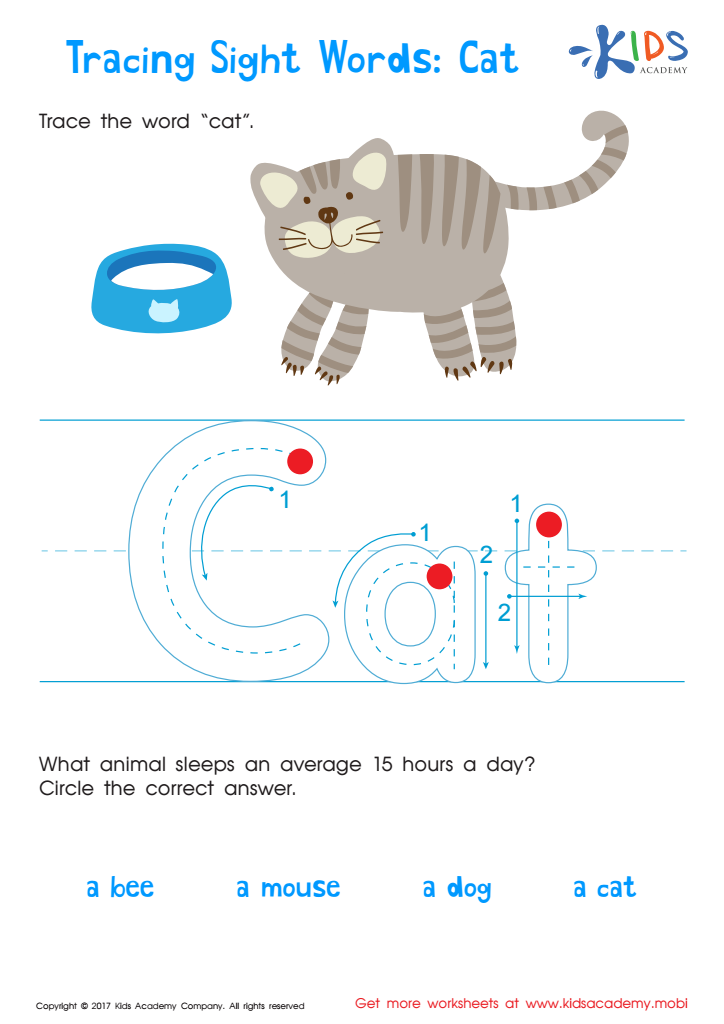

Cat Printable Sight Words Worksheet
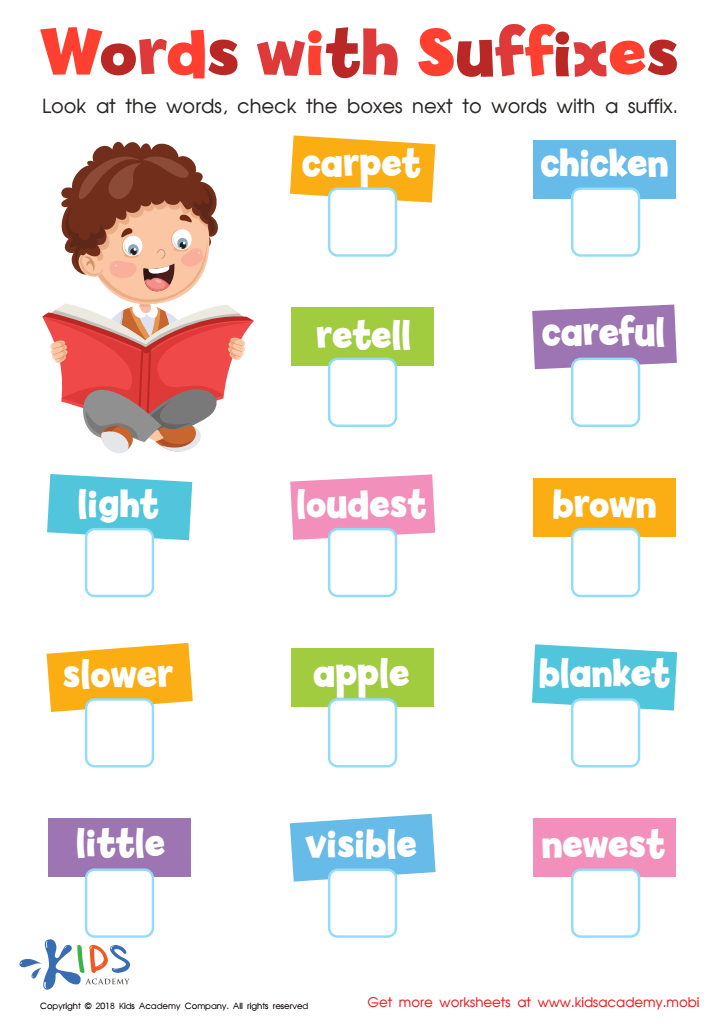

Reading: Words With Suffixes Worksheet
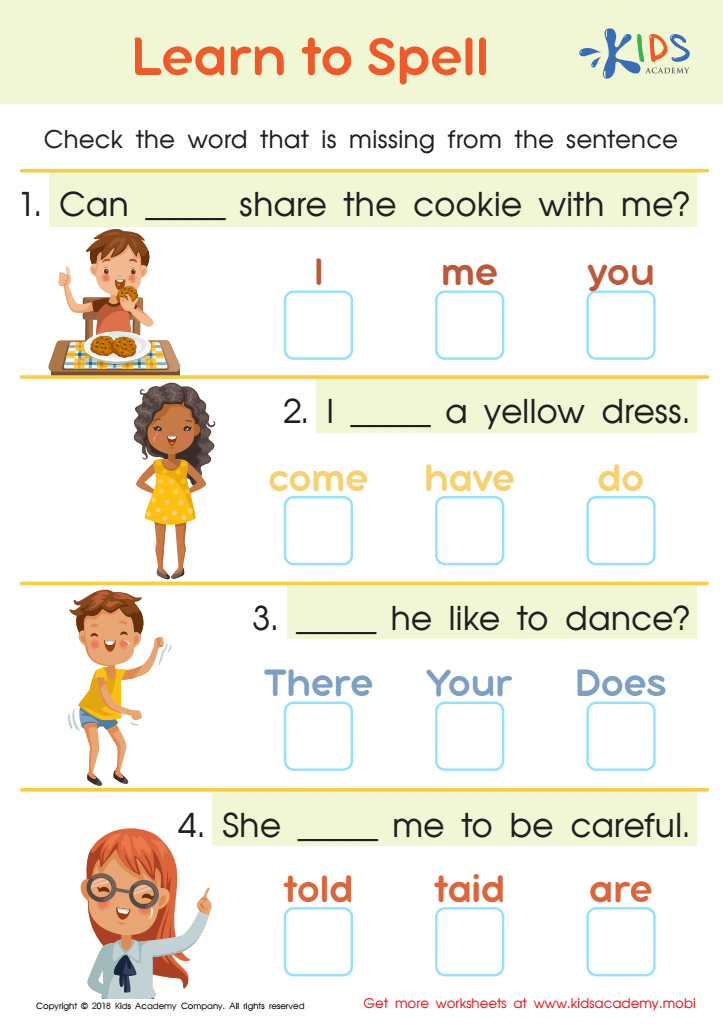

Learn to Spell Worksheet
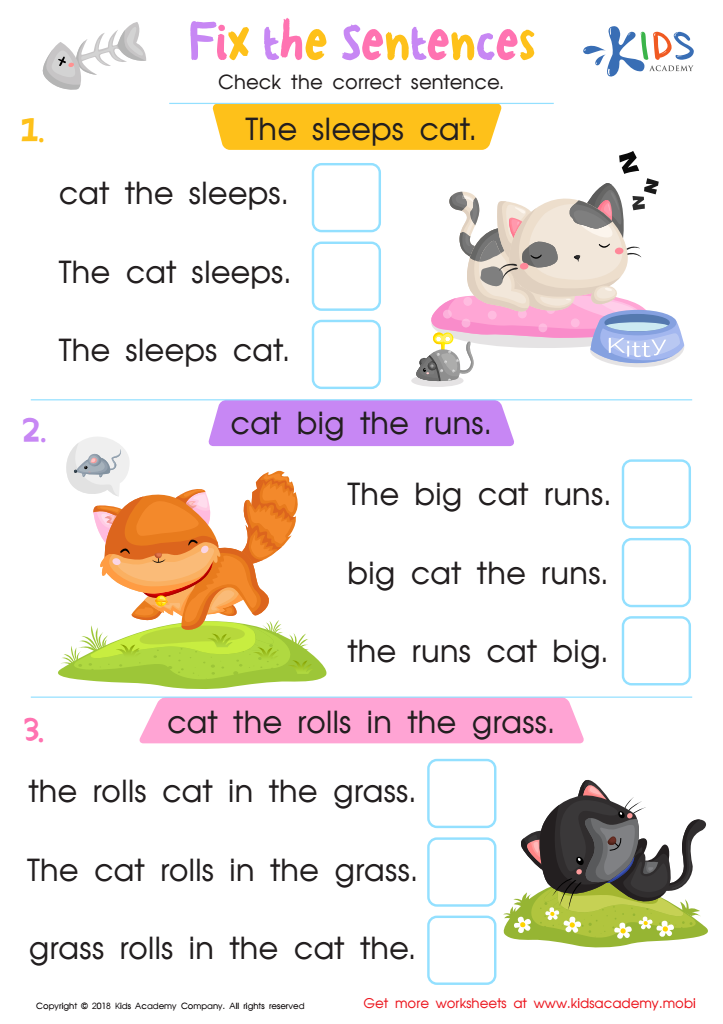

Fix the Sentences Worksheet
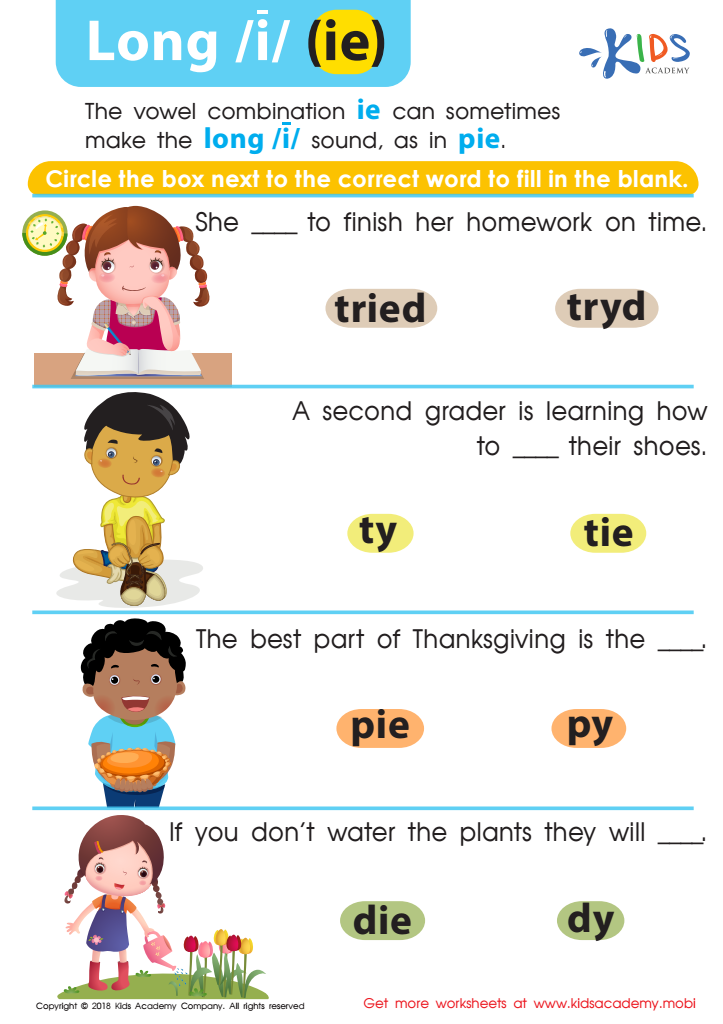

Reading: Long I and IE Worksheet
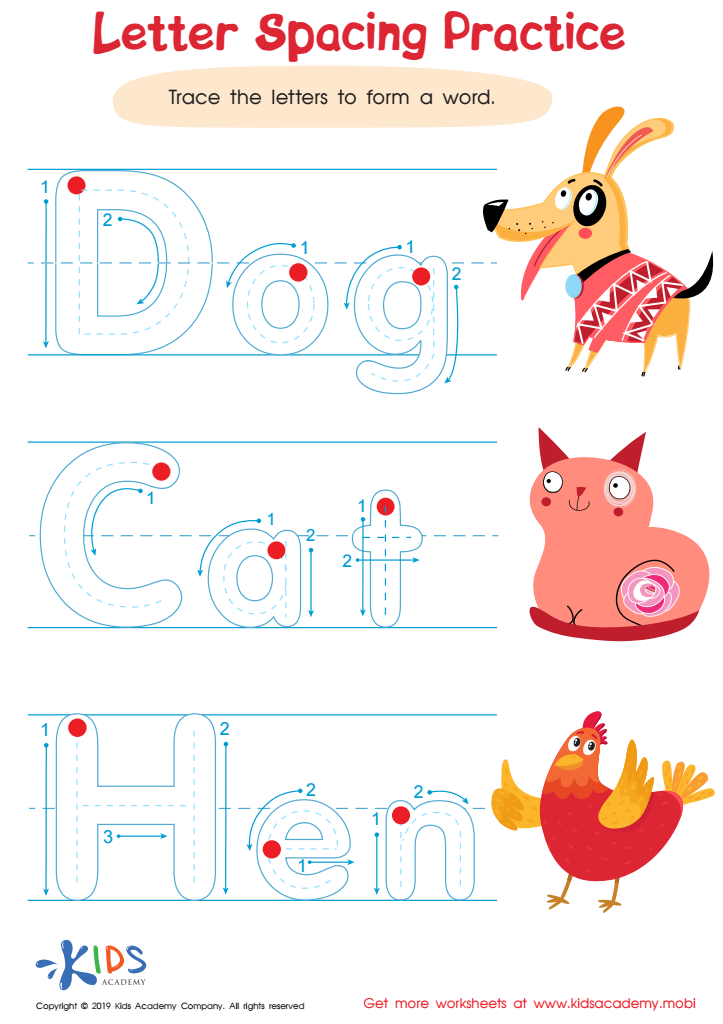

Letter Spacing Practice Worksheet
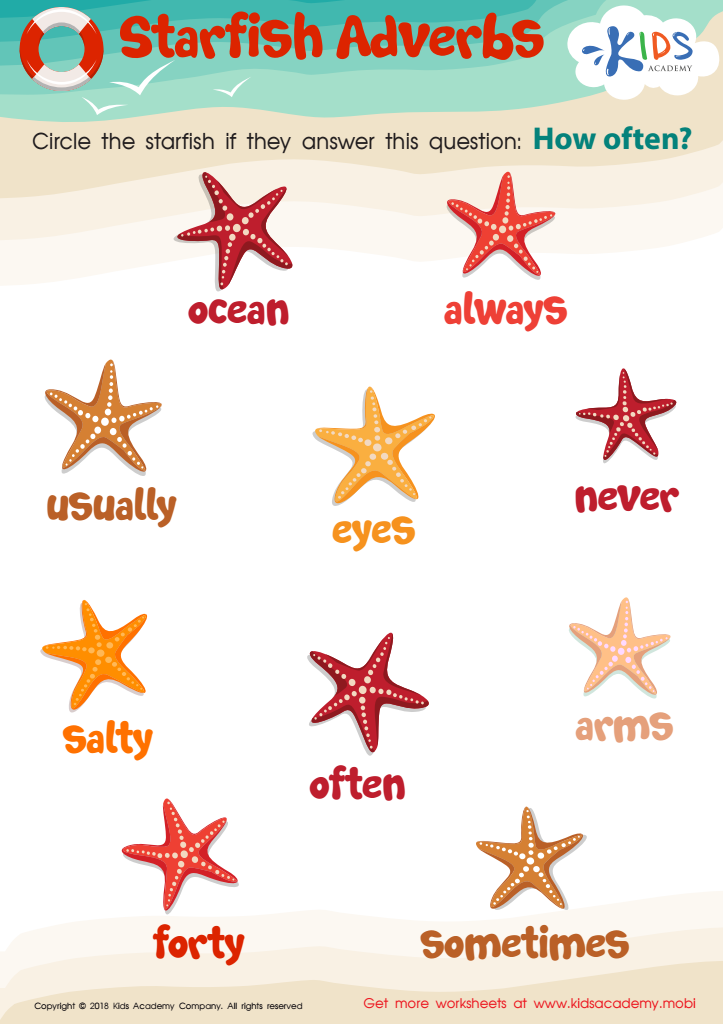

Starfish Adverbs Worksheet
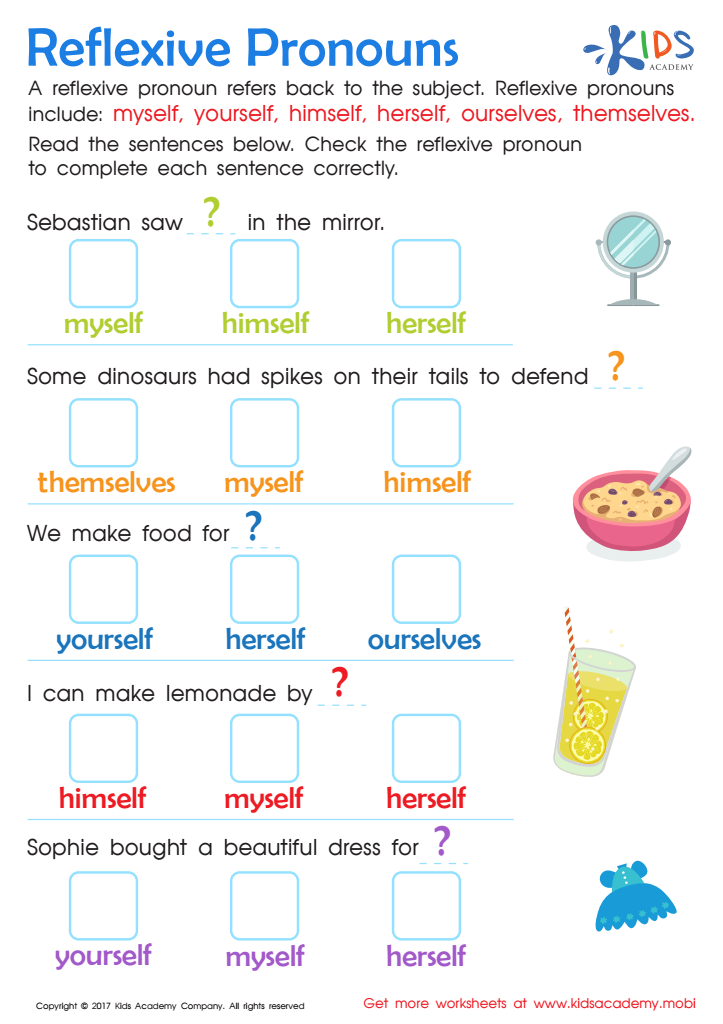

Reflexive Pronouns Worksheet
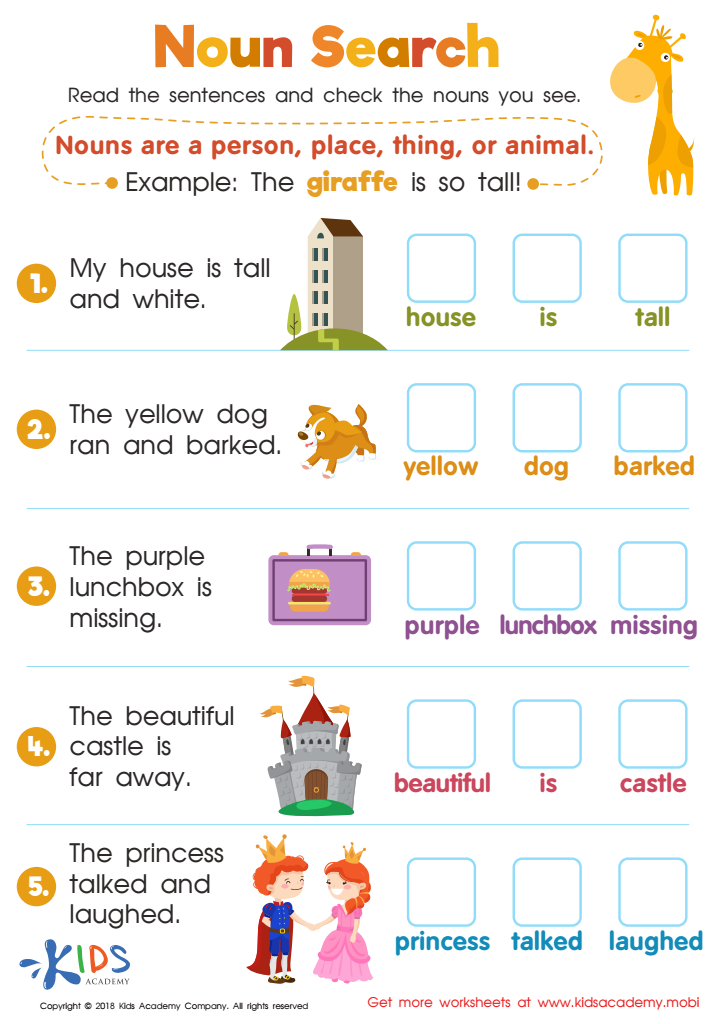

Noun Search Worksheet
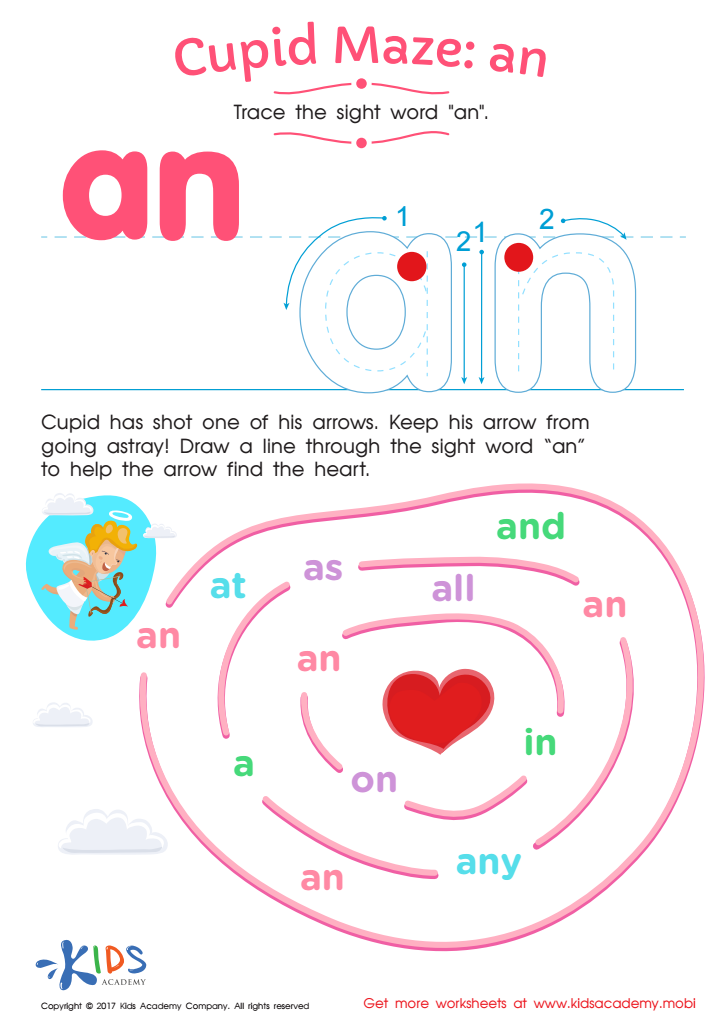

Cupid Maze: An Printable
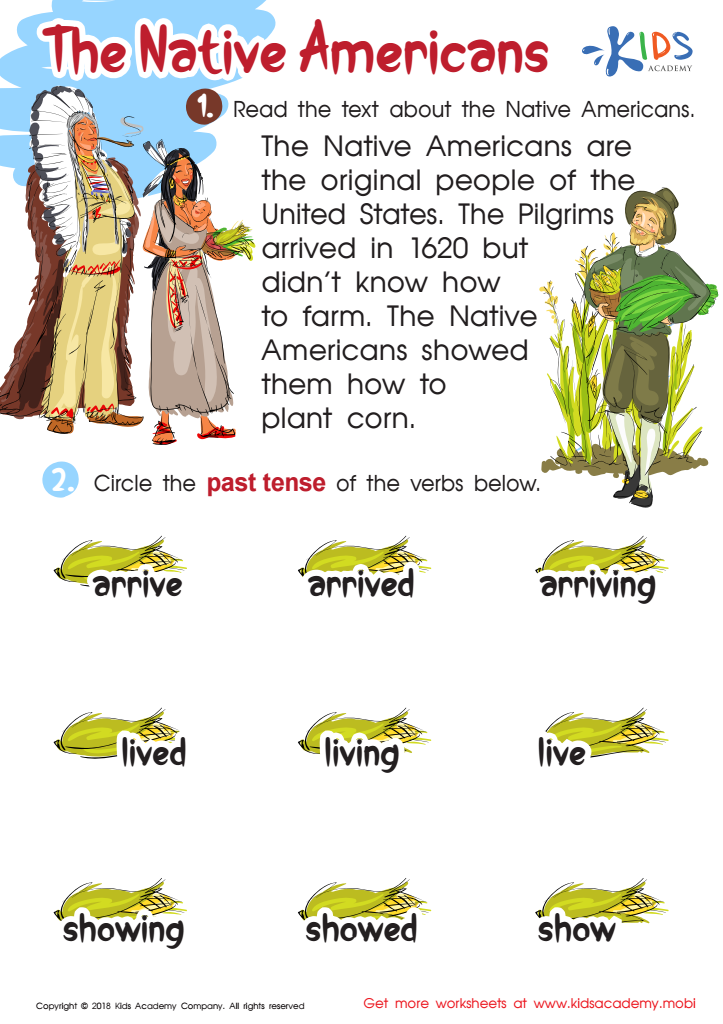

The Native Americans Worksheet
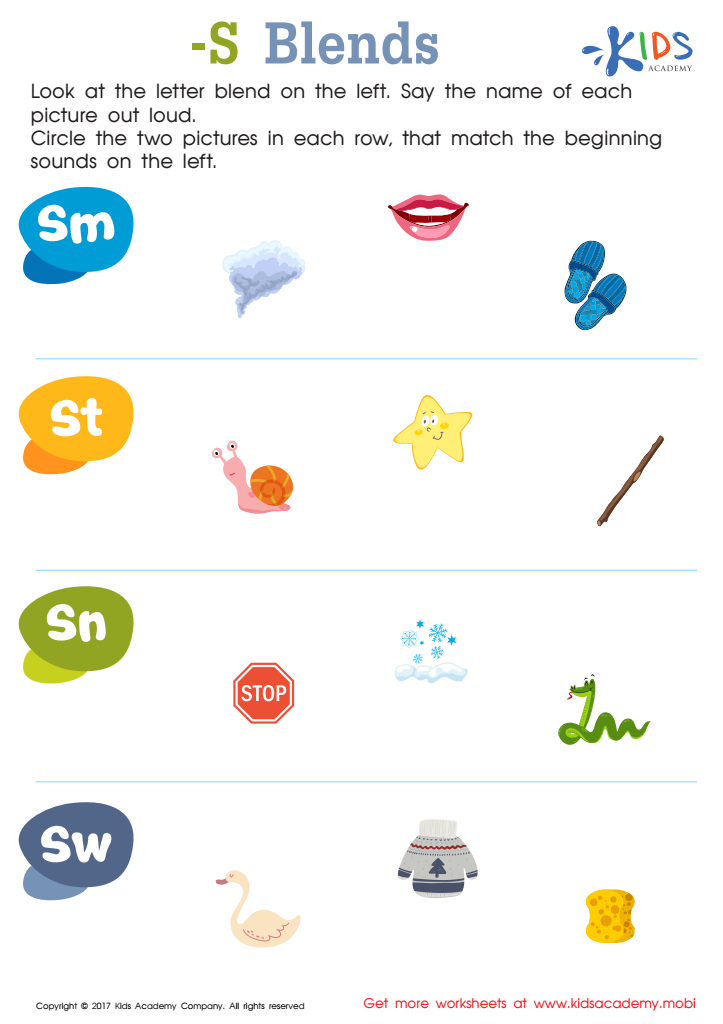

"s" Blends Spelling Printable
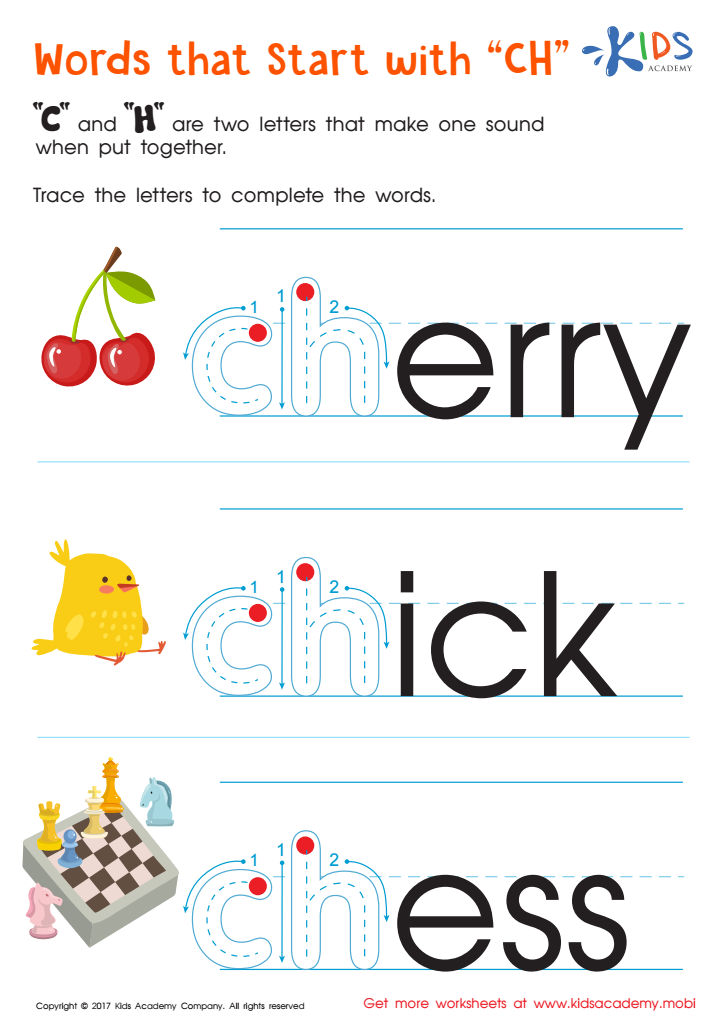

Words That Start with "ch" Spelling Worksheet
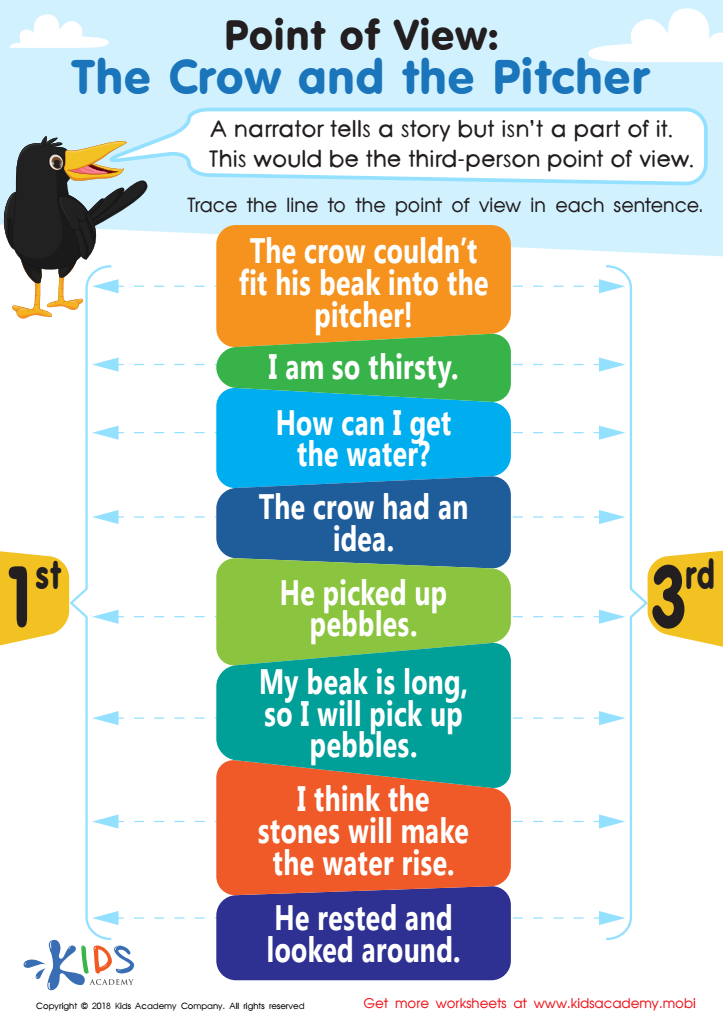

Point of View: The Crow and the Pitcher Worksheet
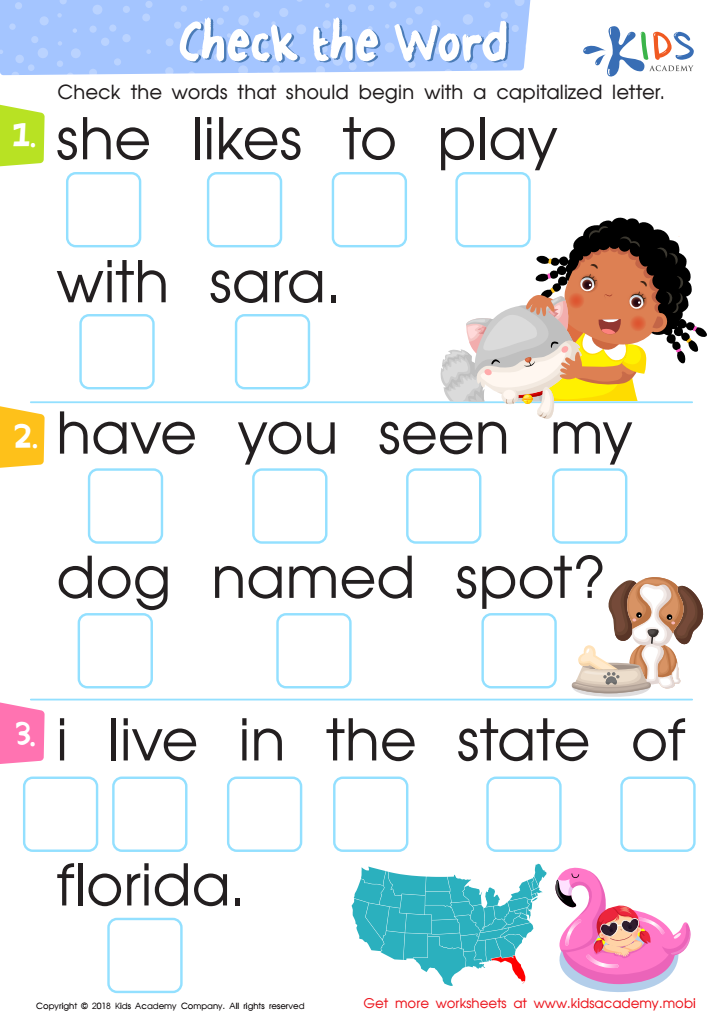

Check the Word Worksheet
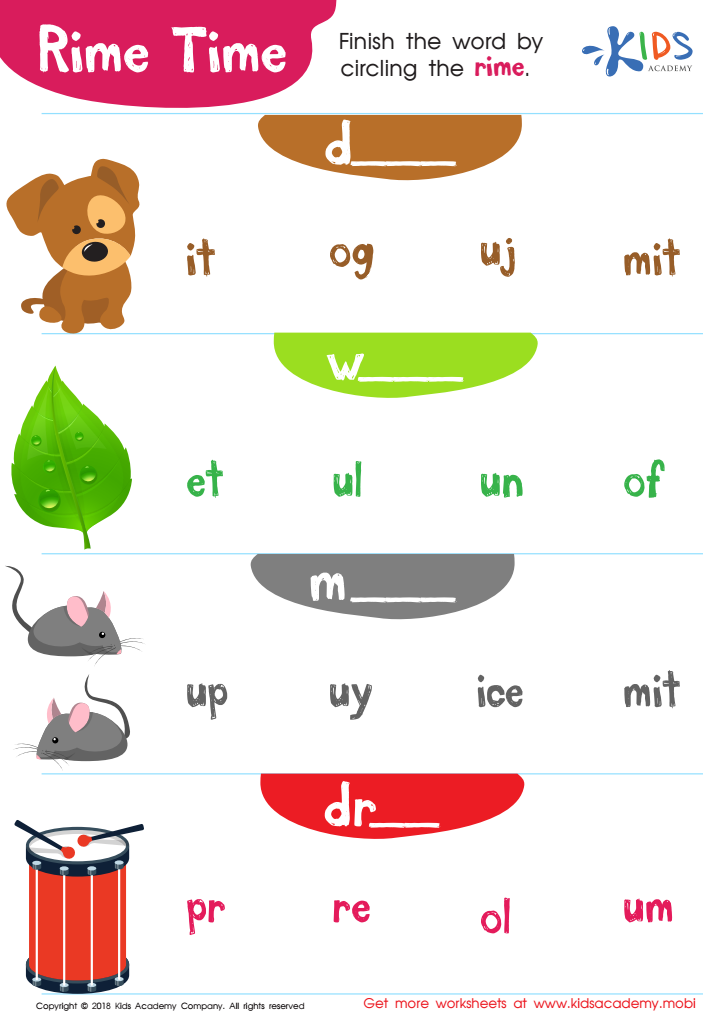

Rime Time Worksheet
Normal writing for ages 5-7 is crucial for several reasons that positively impact a child's overall academic and personal development. At this stage, children's fine motor skills, cognitive abilities, and language proficiency are growing rapidly. Introducing normal writing practices fosters fine motor coordination, which is essential for tasks beyond writing, such as tying shoes and using utensils.
Writing also serves as a foundation for literacy. As children learn to form letters and words, they begin to understand the relationship between spoken and written language. This leads to better reading skills, which are critical for future academic success. Segmented activities like forming letters, spelling simple words, and composing short sentences enhance phonemic awareness, vocabulary, and comprehension skills.
Socially, writing allows children to express their thoughts and feelings, boosting their confidence and self-expression. It tremenously helps them communicate effectively and clearly, both in academic settings and in personal interactions. Preschoolers love to share their ‘written stories’ or descriptive drawings, fostering the growth of imagination and creativity.
From a practical aspect, early writing equips children for elementary school expectations and ensures they are not lagging behind textbooks and school curriculum. Teachers and parents should therefore actively support and encourage normal writing during these formative years to lay a strong foundation for a child’s lifelong learning journey.
 Assign to My Students
Assign to My Students

















